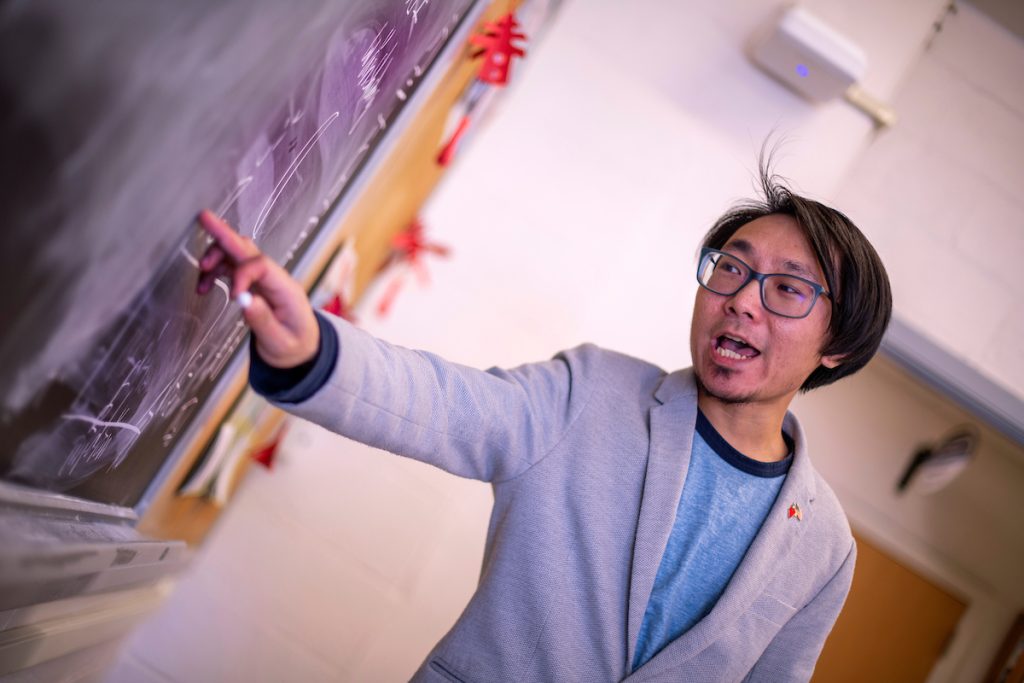information for faculty
Student Accessibility Services is dedicated to working with the University of Maine Faculty to facilitate an atmosphere of inclusion and cooperation in the classroom.

Student Accessibility Services (SAS) utilizes a system-wide tool, called Accommodate, to manage student disability-related accommodation requests. Accommodate is accessible to students and faculty through the UM Portal and can be accessed with your single sign-on (SSO) credentials.
Students have the ability to communicate directly with faculty about their accommodations and schedule appointments and exams with SAS. Faculty have the ability to access student accommodation letters connected to each course and upload exams directly to the system.
- 24-hour access to student accommodations in the web-based system
- Ease of log-in using University single sign on credentials
- Eco-friendly approach which eliminates the need for hard copies of accommodation letters
- Email inbox friendly because accommodation letters are no longer being sent via email
- Accommodations are clearly listed under the student’s name in each list of enrolled students for the course
- If a hard copy of accommodations is preferred, faculty have the ability to print off a list of students in each of their classes in Accommodate that includes each student’s approved accommodations
Need help using Accommodate? Review our Faculty Training Materials!
brightspace
There is an accommodation tool in Brightspace that will make it easier for faculty members to assign extended time for exams and quizzes.
CENTER FOR INNOVATION IN TEACHING AND LEARNING
CITL provides support for innovative and data-informed pedagogical efforts at the University of Maine.
Together with our partner centers and departments, we work to create and sustain a culture of innovation in teaching. To this end, we offer numerous learning communities, workshops, and host guest speakers. In addition, we provide one-on-one consulting on a range of topics relating to curricular and instructional design; diversity, equity, inclusion, and access; instructional and information technologies; and the role of generative AI in teaching and learning.
